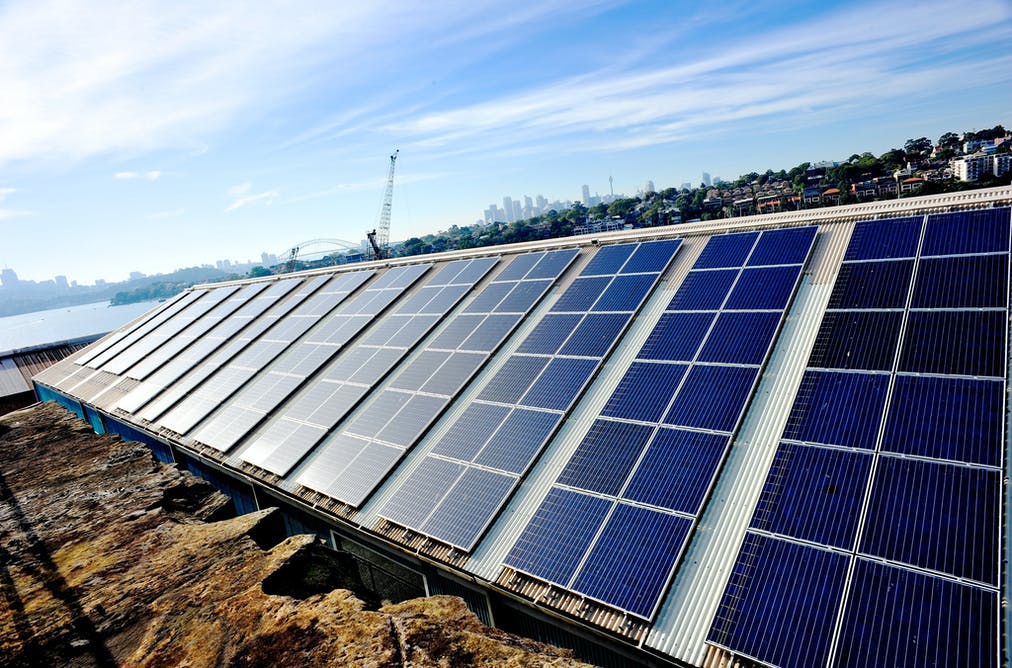Growing a Clean Economy: Opportunities for Australian States and Territories
This Discussion Paper presents opportunities for state and territory-level governments to work towards fostering strong economies that facilitate deep emissions reductions by 2050.
Executive Summary
To achieve these emissions reductions, a multi-sectoral approach will be required. Here, we outline key sectors that can be targeted and highlight important opportunities within each sector. We focus on areas in which state and territory-level governments have regulatory power, arguing that state and territory-level action can be either complementary to or independent of federal action and still lead to significant outcomes. We recommend a coordinated approach beginning as soon as possible, as this will improve the likelihood of transitioning smoothly toward ‘clean’ economy within the next 30 years. This will be critical in achieving the ‘net zero by 2050’ commitments of several state governments.
In order to most efficiently and cost-effectively support the transition to a clean economy,
we contend that states and territories should work together to achieve their shared goals. Recognising that different states and territories have different priorities and different economic contexts, a ‘Clean Economy Agreement’ would align states and territories in a position to take advantage of each others’ experiences and learnings, as well as the benefits of joint action and economies-of-scale, where appropriate.
